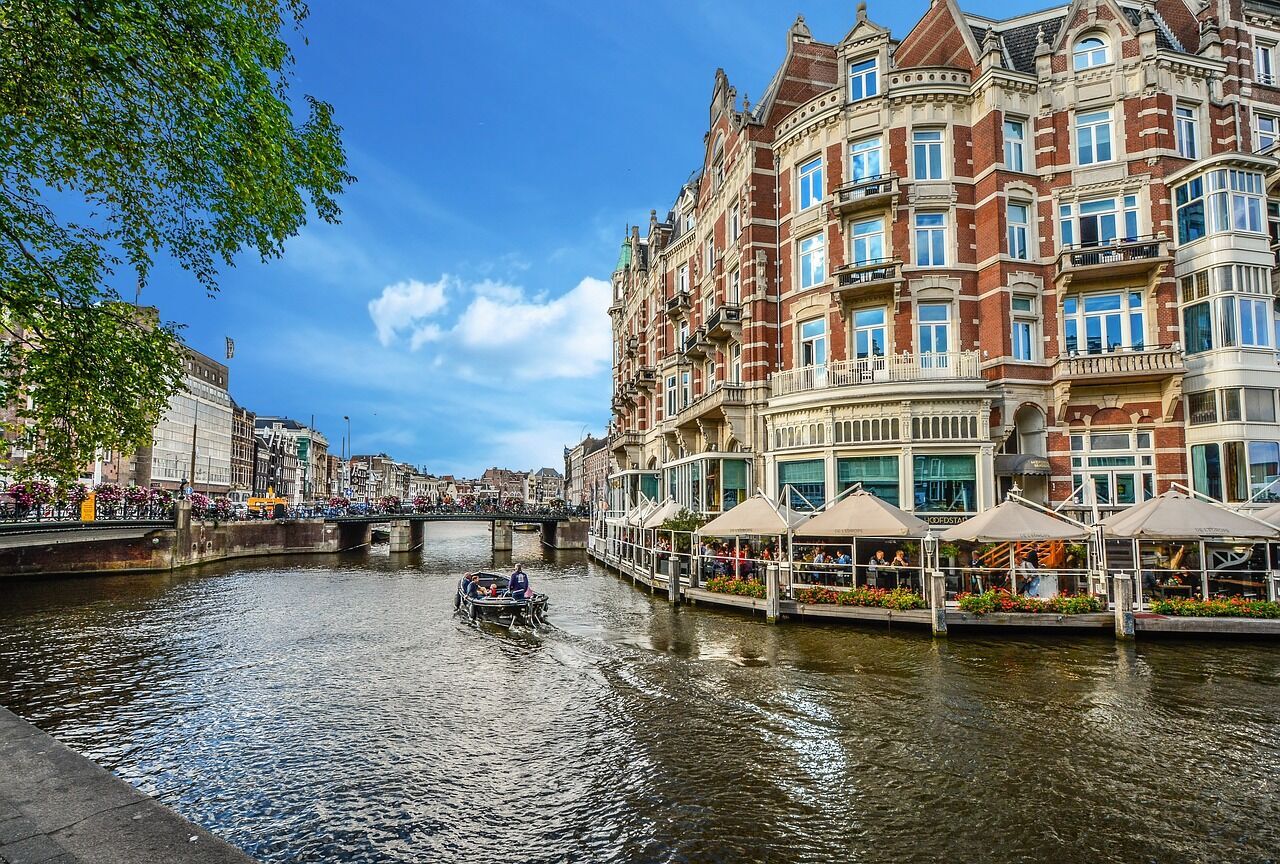Permanent residence in Europe: what you need to know about rights and restrictions

After you find your place in a new country, consider getting permanent residence. This can be an advantage, especially if you plan to stay for a long time. Some countries provide opportunities to obtain residency through investment, but the options may be limited.
Although it is possible to obtain long-term EU resident status after five years of legal residence, each country has its own rules and procedures, and applying for this status may require additional checks. This information is reported by euronews.com.
From language tests to integration requirements, here's what it looks like to apply for permanent residence in five different members of the bloc.
Obtaining permanent residence in France
To obtain permanent residence in France, you need to have lived there for five years, or three years as a relative of a French citizen. This can be done with a temporary visa or as an EU/European Free Trade Association (EFTA) citizen.

To obtain the status, you must be integrated into French culture and have sufficient knowledge of the French language (A2 level). These requirements do not apply to persons over 65 years of age. In addition, candidates must have no criminal record.
Successful candidates will be allowed to stay in the country indefinitely and have access to most public services. Permits are valid for 10 years, with the possibility of extension.
A permanent resident card will cost you 225 euros, which should be paid with tax stamps available online.
Difference between residence and citizenship in France
Both permanent residence and citizenship entitle you to work, study, access to social services, etc. However, as a citizen, you can obtain a French passport, vote and move freely within the EU.
Obtaining permanent residence in Germany
It is possible to obtain permanent residence in Germany after several years of legal residence as a temporary resident. If you are not an EU/EFTA citizen, you need to have a residence permit for family reunification, study or employment to apply. Usually, this requires five years of residence in Germany, but this period can be reduced for certain categories of persons, such as graduates, skilled workers, etc.
It is also necessary to integrate into German society and have at least A2 language skills. You must also be able to finance yourself, make pension contributions and secure housing for yourself and your

What is the difference between permanent residence and German citizenship?
Both have full rights to work, study, start a business, access social security, buy real estate or take out mortgages and other types of financing. But those with permanent residency cannot obtain a German passport, have no voting rights, and have fewer citizenship rights for their children. They also cannot leave the country for more than six months.
Obtaining permanent residence in Italy
To apply for permanent residence in Italy, you must have lived in the country for the last five years. You cannot leave the country for a continuous period of more than six months or 10 months in total. You will also need proof of health insurance, a clean criminal record, and a language test confirming a language level of at least A2. Applicants will need to demonstrate that they have a minimum annual income that exceeds social assistance and suitable housing.
The application will cost you 176.46 euros. Some groups, such as minors, refugees and persons undergoing medical treatment, are exempt from the fee.

What is the difference between permanent residence and citizenship in Italy?
As with citizenship, an Italian permanent residence visa entitles you to study, work, start your own business, or move to other EU member states for work or study purposes. You will also have access to Italian social security, public housing, social services, education and pension schemes.
However, you cannot leave the country for more than six consecutive years. Citizenship comes with additional benefits, including a passport, full voting rights, and additional rights for children. And the rules for dual citizenship in Italy are also quite lenient, meaning you don't have to give up any other citizenship to get it.
Obtaining permanent residence in the Netherlands
There are four different types of permanent residence permits in the Netherlands. One for EU/EFTA citizens and their family members, one for non-EU citizens, a long-term residence permit valid in all EU/EFTA countries, and a permanent asylum residence permit. The permanent residence permit does not expire, but you will need to renew your permit every five to ten years depending on which type you have.
In general, you will need to have lived in the country legally for five years before applying, although there are some exceptions. You must also be at least 13 years old, have your primary residence in the Netherlands, have renewed previous visas on time, and have a clean criminal record.
And, as in some other countries on this list, you must have enough income to support yourself - more than 1207.50 euros per month. To apply, you will need a civil service number (BSN) and a passed Dutch civic integration exam.

What is the difference between permanent residence and citizenship in the Netherlands?
Both permanent residence and citizenship require that you have lived in the Netherlands for five years and fulfilled the integration requirements. Both will give you the right to work, study, start a business, buy real estate and get a mortgage. You also get access to Dutch social security and public healthcare and can leave as many times as you want.
But citizenship gives you additional benefits such as a passport, full voting rights, the ability to run for any public office, and the right to move abroad at any time. You also do not need to renew your citizenship every five years, as is the case with permanent residence. In addition, citizenship gives more rights to children born outside the Netherlands.
Obtaining permanent residence in Spain
To be eligible, you need to have been legally residing in the country for five years with a Número de Identidad de Extranjero (NID) number. You will also need to prove that you have sufficient income or financial resources to support yourself and have valid health insurance. In some cases, you may also need to provide proof of divorce, marriage, or criminal record. You need to spend these five years in Spain on a different type of visa, and this can mean multiple visits, as they are often only valid for two or three years.
Compared to some other EU countries, applying for permanent residence in Spain is quite cheap. The application itself costs only 80 euros, although other fees may be charged, which are usually less than 20 euros.

What is the difference between permanent residence and citizenship in Spain?
Permanent residence and citizenship offer almost the same rights in Spain. But there are a few differences. Citizenship will require you to live in the country for 10 years instead of five.
You need citizenship to vote in elections or to access social services, but you cannot hold dual citizenship of Spain and most other countries.



















